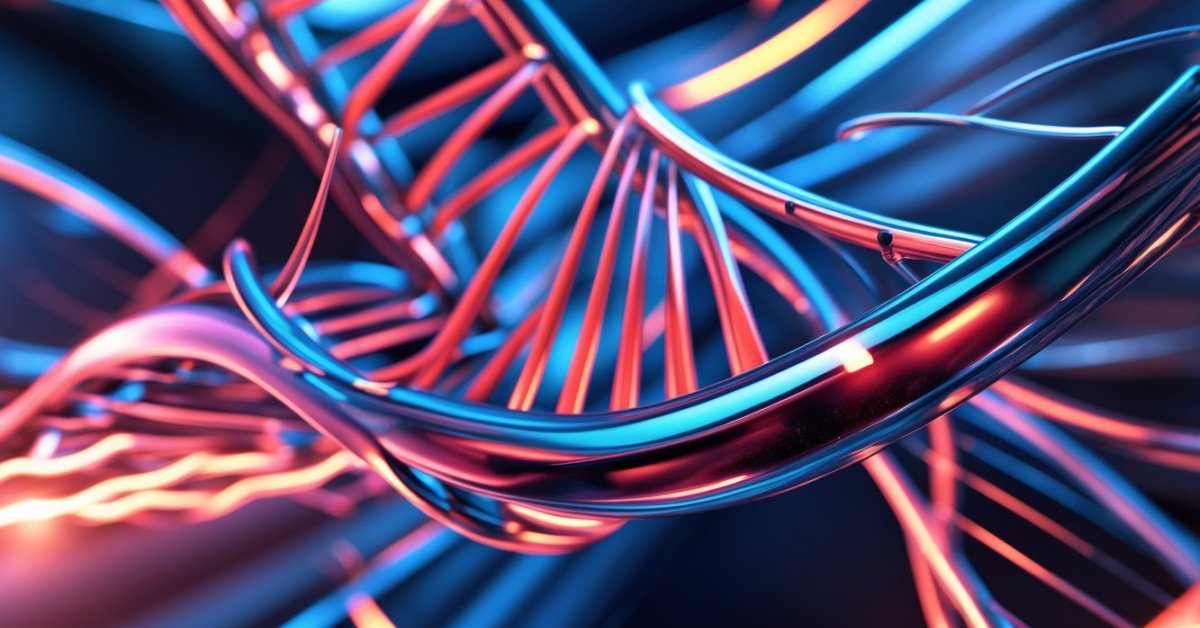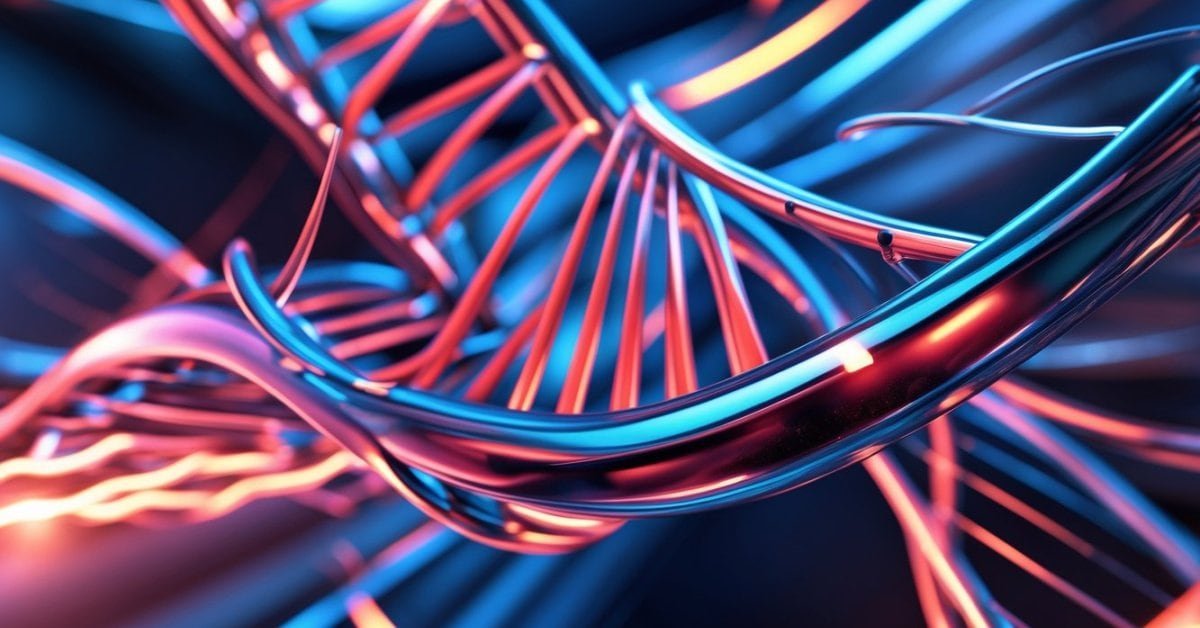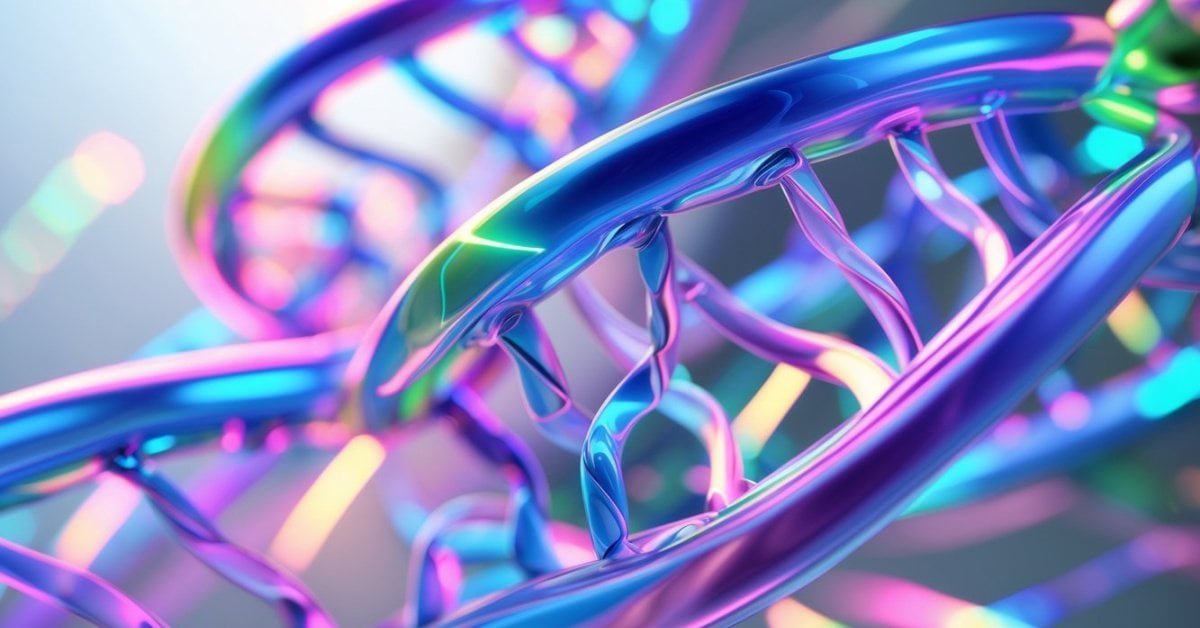You might’ve heard about HLA-B27 during a doctor’s visit or while searching for answers about joint pain or autoimmune conditions. This tiny genetic marker plays a big role in how your immune system works and sometimes it’s linked to certain health issues like ankylosing spondylitis.
If you’ve tested positive for HLA-B27 you’re probably wondering what it means for you and your family. That’s where genetic counseling steps in. It helps you make sense of your results and guides you through your next steps—whether you’re thinking about your own health or planning for your family’s future.
Understanding HLA-B27: What Is It?
HLA-B27 is a protein coded by a specific gene in your immune system. People positive for HLA-B27 carry a version of this gene that’s present in about 6–9% of people in the US population, according to the National Institutes of Health. This protein sits on the surface of white blood cells and helps your body recognize which cells belong to you and which might be threats.
HLA-B27 connects strongly to certain autoimmune conditions. You might see HLA-B27 mentioned in discussions about ankylosing spondylitis, reactive arthritis, or uveitis, since people with these conditions often test positive for this marker. Studies show up to 90% of patients with ankylosing spondylitis test positive for HLA-B27, compared to less than 10% of the general population.
Testing for HLA-B27 uses a simple blood test. Labs look for the genetic marker, then report whether you have it or not. Testing positive for HLA-B27 doesn’t diagnose a disease by itself. Many people who are positive—like myself—never develop inflammatory conditions. Other factors like family history, specific symptoms, and lab findings all help shape a clear diagnosis.
Knowing your HLA-B27 status gives useful context for understanding symptoms and planning your care. Current research explores lifestyle adjustments, targeted therapies, and ways to lower inflammation, sharing new options for those with HLA-B27 positivity. Your daily activities—like your approach to exercise or sports—may also intersect with HLA-B27, especially if you experience joint or back discomfort.
The Role of HLA-B27 in Disease Risk
HLA-B27 plays a major part in the development of several autoimmune conditions. Knowing your HLA-B27 status can help guide health choices, especially if you’ve noticed symptoms like joint pain or back stiffness.
Associated Autoimmune Conditions
Many autoimmune diseases connect to HLA-B27. Ankylosing spondylitis affects about 1 in 200 people, and over 90% of those diagnosed in North America test positive for HLA-B27 (NIAMS, 2023). Other linked diseases include reactive arthritis, psoriatic arthritis, and uveitis, all of which may flare with HLA-B27 genes present. For example, up to 50% of patients with reactive arthritis and 70% of those with uveitis have the HLA-B27 marker. Not everyone who is positive develops these diseases, but living with HLA-B27 calls for awareness in daily life, including monitoring new symptoms following infections or changes in inflammation patterns.
Inheritance Patterns and Family History
HLA-B27 follows an autosomal dominant inheritance pattern. This means that if a parent tests positive, each child has about a 50% chance of inheriting the marker. Family history often reveals patterns of joint, eye, or skin issues that may have gone unrecognized in previous generations. If you have relatives with spinal arthritis, sudden vision changes, or psoriasis, knowing your HLA-B27 status could offer valuable context. I’ve seen athletes and active individuals, like myself, notice symptoms first during or after physical activity because family connections surface clearer during shared sports or exercise routines.
What Is Genetic Counseling?
Genetic counseling helps you understand your HLA-B27 status and what it means for your health and family. As both a rheumatologist and a fellow HLA-B27-positive individual, I see genetic counseling as a key step for making personalized choices.
How Genetic Counseling Works
Genetic counseling starts with a detailed family and health history. You discuss your HLA-B27 status, medical background, and symptoms—such as joint pain, back stiffness, or eye inflammation. Counselors use this information to assess your risk for HLA-B27-associated conditions, including ankylosing spondylitis, reactive arthritis, and uveitis.
You’ll receive clear explanations of genetic concepts, inheritance patterns, and what your HLA-B27 result means in the context of your specific circumstances. Counselors address questions about the likelihood of passing on HLA-B27, impacts on activities such as sports, and potential preventive strategies combining conventional and naturopathic approaches.
Sessions often include resources on support groups and the latest evidence-based treatments and lifestyle changes, from targeted medications to nutrition and stress-management tips.
Who Can Benefit from Genetic Counseling?
You benefit from genetic counseling if you’re HLA-B27 positive and want to understand your risks or guide your family planning.
People with a family history of autoimmune diseases—such as ankylosing spondylitis, psoriatic arthritis, or uveitis—gain insight into genetic patterns and steps for early detection.
If you have symptoms like joint discomfort or unexplained fatigue, counseling clarifies whether these could relate to HLA-B27 conditions, helping you coordinate care with rheumatology and naturopathy focus.
Athletes managing recurring pain and individuals planning to start a family get practical advice uniquely suited to their needs.
Anyone interested in blending medical and natural lifestyle solutions informed by genetic knowledge finds value in counseling sessions.
HLA-B27 and Genetic Counseling: Should You Consider It?
You’re exploring your HLA-B27 status, so the question of genetic counseling often comes up. Understanding your options helps you manage health risks and support your family, especially if you’ve faced joint pain, sports injuries, or ongoing inflammation yourself.
When to Seek Genetic Counseling for HLA-B27
Consider genetic counseling if you’ve tested positive for HLA-B27 and have a personal or family history of ankylosing spondylitis, reactive arthritis, or unexplained back pain. People who experience repeated joint stiffness, especially after exercise or activity, benefit from this step. If you’re planning a family, knowing your status informs possible risks, since each child has about a 50% chance of inheriting HLA-B27 from a positive parent. Athletes who deal with recurring inflammations or flares gain insight into tailored approaches that combine medical and natural solutions.
What to Expect During a Counseling Session
Expect genetic counseling for HLA-B27 to start with a discussion about your health, sports history, and family background. Counselors clarify how HLA-B27 passes through families, review any symptoms like joint pain you’ve had, and assess risk for certain autoimmune diseases. You’ll receive clear data on the likelihood of family members testing positive and practical strategies using both medical treatments—like biologics—and natural methods—like exercise routines, nutrition changes, or stress reduction. Counselors answer questions about long-term management so you can stay active, adjust routines, and support your family’s health with new research-backed solutions.
Potential Benefits and Limitations of Genetic Counseling for HLA-B27
Genetic counseling for HLA-B27 positive individuals offers clear benefits and some limitations. Knowing these helps you make confident decisions about your health, family planning, and lifestyle, especially if you share similar struggles or passions like sports.
Potential Benefits
- Personalized Risk Assessment
Genetic counseling gives a personalized risk assessment for developing HLA-B27-associated conditions like ankylosing spondylitis or uveitis. This helps you prioritize screening or early intervention, especially if you have joint pain after exercise or a family history of autoimmune symptoms.
- Family Planning Guidance
You get specific information about inheritance risks. If one parent has HLA-B27, each child has about a 50% chance of inheriting the gene (source: NIH Genetics Home Reference). Counselors explain how this impacts your children’s health possibilities with real statistics.
- Tailored Lifestyle and Therapy Strategies
Genetic counselors help you integrate both medical and lifestyle solutions, including emerging therapies, sports safety, and dietary tweaks supported by up-to-date evidence. You’ll discuss options to reduce inflammation and maintain an active lifestyle.
- Emotional and Peer Support
Counseling provides a setting to ask questions and share concerns with someone who understands your experience, supporting your emotional wellbeing as you navigate new information and adapt daily activities.
Limitations
- No Absolute Predictions
Genetic counseling can’t offer certainty about whether you’ll develop any disease. A positive HLA-B27 marker means increased risk, but most positive people (nearly 90% without symptoms) never develop related autoimmune conditions (source: Spondylitis Association of America).
- Limited Insights for Asymptomatic Individuals
If you do not have symptoms or a family history of autoimmune disease, genetic counseling may not add significant new information about your personal risk or needed interventions.
- Unaffected by Past Choices or Behavior
Genetic results remain independent of lifestyle or past behaviors. Improvement in symptoms and inflammation management comes through combining counseling insight with ongoing proactive strategies.
- Potential Emotional Stress
Discussing uncertainty around genetic risk can cause anxiety. Counselors can provide coping strategies, but this stress sometimes affects motivation or decision-making, especially for those new to these health concepts.
Consider these benefits and limitations as you explore genetic counseling for HLA-B27 positivity, balancing medical insight, family considerations, and ways to keep enjoying an active, healthy life.
Conclusion
Deciding whether to pursue genetic counseling for HLA-B27 is a personal choice that depends on your unique health background and family history. If you’re looking for clarity about your risk or want to make informed decisions about your future, a conversation with a genetic counselor can be a valuable step.
You don’t have to navigate these questions alone. With the right support, you can better understand your genetic makeup and take proactive steps for your health and well-being.





